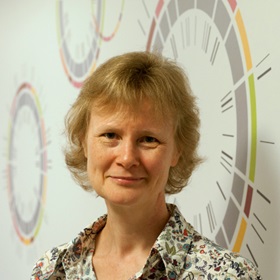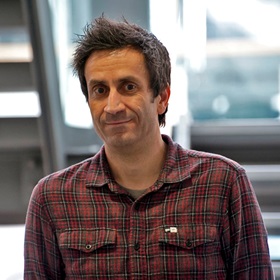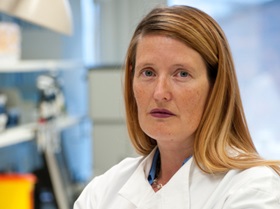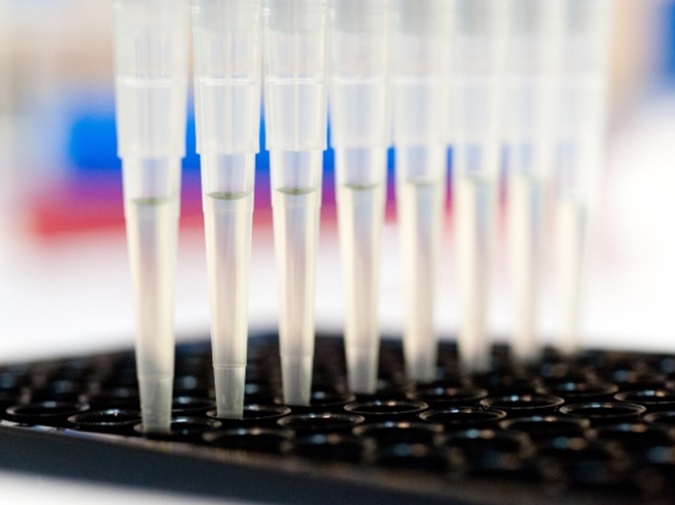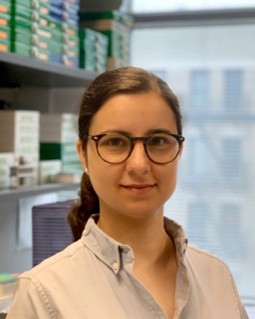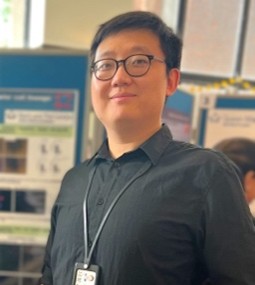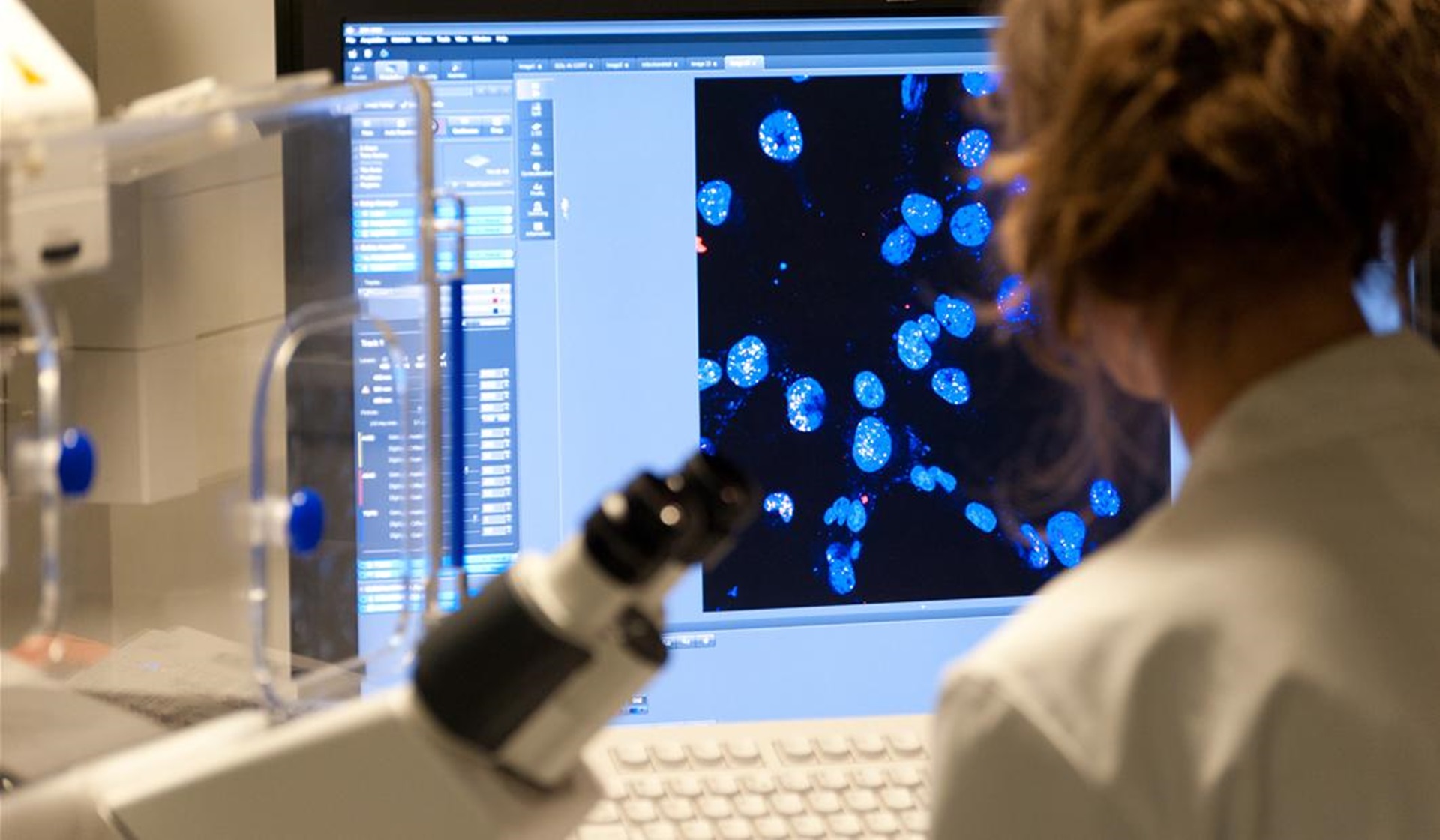Like the astronomical explosion that kickstarted the universe, bowel cancer has a 'Big Bang' moment which determines how it will grow, according to new research.
The team, from The Institute of Cancer Research, London, found that the 'Big Bang' moment for bowel cancer is created by the cancer cells successfully hiding themselves from the immune system – a process called immune escape.
During this process, bowel cancer cells disrupt genes which allow the cancer to be detected by the immune system. After the point of immune escape, the scientists observed that very limited changes occurred in how the cancer presented itself to the immune system.
Identifying those more likely to respond to immunotherapy
This research – funded by Cancer Research UK and the Wellcome Trust, and published in the journal Nature Genetics – suggests where doctors should look to potentially identify people with bowel cancer who are more likely to respond to immunotherapy, including vaccines for bowel cancer, which are designed to help the immune system recognise and destroy cancer cells.
Bowel cancer is the fourth most common cancer in the UK with around 44,100 new cases every year – roughly 120 every day. Around 15 per cent of bowel cancers are known to respond well to immunotherapy, with the remainder less likely to respond to this type of treatment.
Several therapeutic bowel cancer vaccines are currently in clinical trials. Designed to train the immune system to prevent bowel cancer from coming back after initial treatment, they recognise and destroy newly emerging bowel cancer cells.
Escaping the immune system
In the study, the scientists analysed the organisation of immune and cancer cells in bowel cancers from 29 people. They generated full DNA and RNA sequences and looked at how closely the DNA was wound around proteins in the chromosomes – known as epigenetics.
The scientists found that cancer cells can escape the immune system through epigenetic changes which alter how DNA is 'read' to make RNA, the instructions used to make proteins.
In cancer, those alterations affect how many neoantigens – 'red flag' proteins that attract immune cells – appear on the surface of the cancer cell. Fewer neoantigens make it harder for the immune system to recognise and destroy the cancer.
Scientists believe that combining immunotherapy with epigenome-modifying drugs could make immunotherapy work better for bowel cancer patients, by making the cancer make more neoantigens which the immune system can target. Further studies are needed to test this idea, before patient clinical trials could start.
Understanding how tumours evolve
Professor Trevor Graham, Professor of Genomics and Evolution and Director of the Centre for Evolution and Cancer at The Institute of Cancer Research, London, said:
"Some bowel cancers are ‘born to be bad.’ How they interact with the immune system is set early on.
"Immunotherapy and bowel cancer vaccines hold enormous promise for treating the disease. Our research suggests that a bowel cancer’s relationship with the immune system doesn’t change very much as it grows. If we can target that relationship early on, treatment should have a stronger chance of success.
"As bowel cancer treatment becomes increasingly personalised, understanding how tumours evolve and change matters even more than it did before. Like the explosion which set the course of the universe, bowel cancer’s Big Bang gives us the biggest clues of what its future holds and how we might change that future."
Understanding what happens at the earliest stages of disease
Dr Catherine Elliott, Director of Research at Cancer Research UK, said:
"To beat bowel cancer for everyone, we need to understand what happens at the very earliest stages of the disease. No matter how different bowel cancer tumours can look, one defining moment at the start makes a big difference to how the cancer grows.
"Bowel cancer has an insidious ability to resist treatment. Immunotherapy is starting to work well for patients, but it doesn’t work for everyone. This research helps us understand why, as well as giving us new insights to make immunotherapy work better for bowel cancer."
Tom Collins, Research Lead for Discovery Research at the Wellcome Trust, said:
"Through tracing the earliest stages of bowel cancer, the research team has shed valuable new light on a mechanism that could lead to more targeted, effective and early treatments.
"This is a powerful example of discovery science. Research at this molecular level has provided a deeper understanding of how bowel cancer develops, which could lead to the improved health outcomes for patients in the long-term."
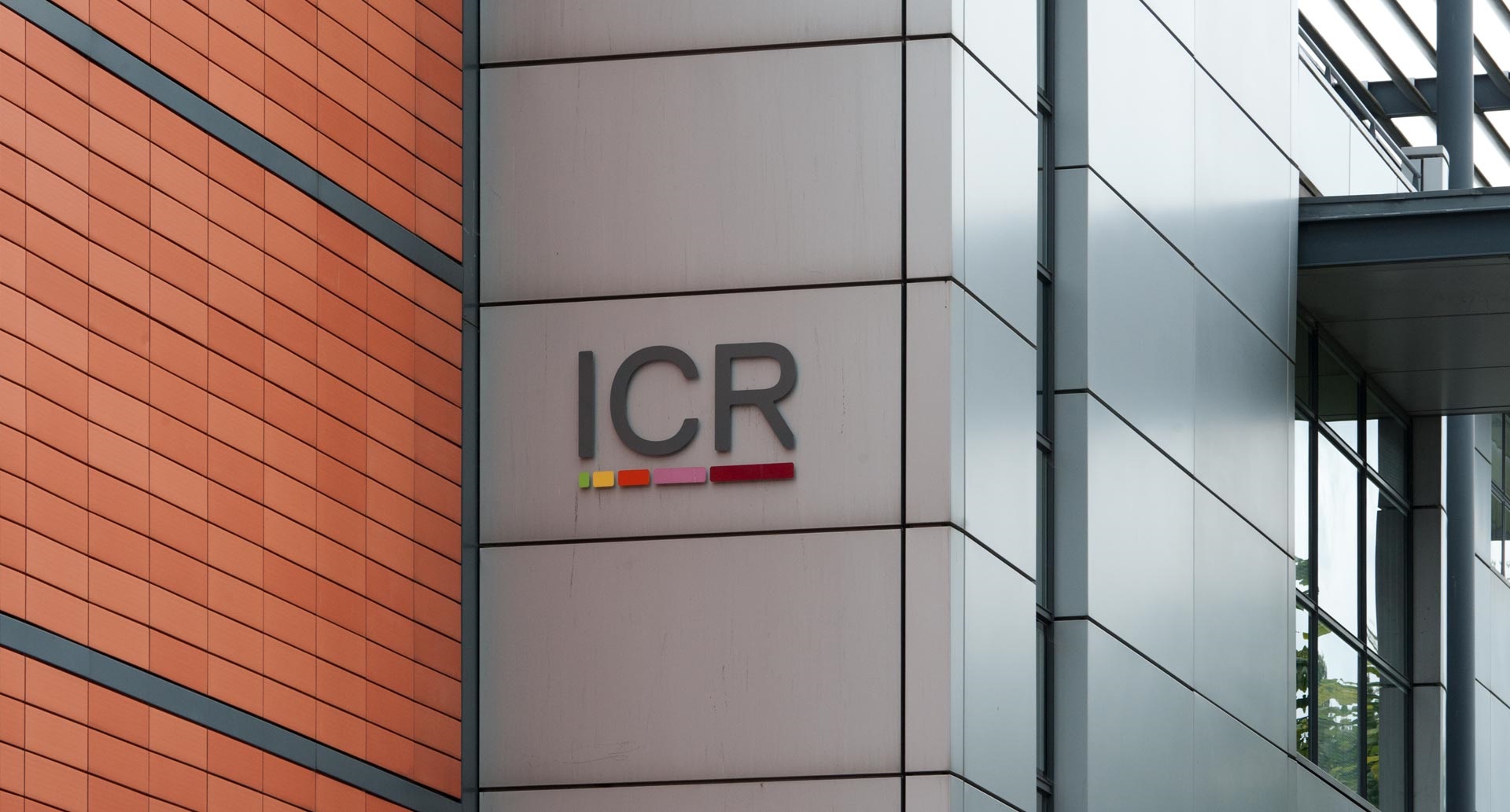




.tmb-propic-md.jpg?Culture=en&sfvrsn=c25d2b2f_9)
